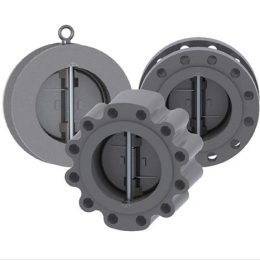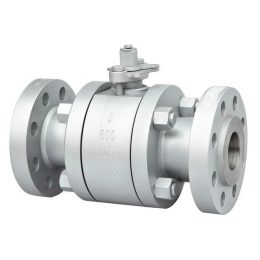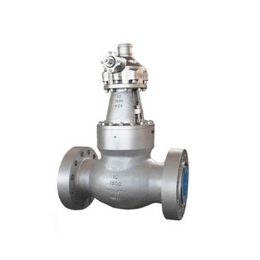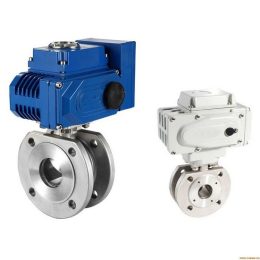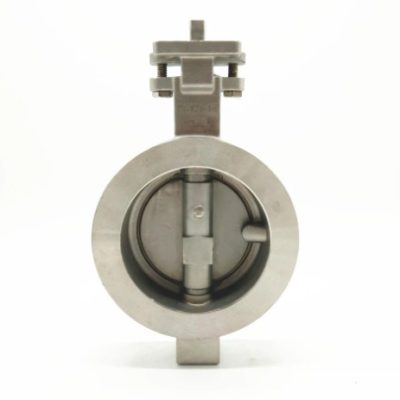
High Performance Butterfly Valve
Instroductions
The innovative design of high-performance butterfly valves provides rugged reliability and extremely easy maintenance in the field. Independent and internal tests have proven superior service life capability, with zero leakage shutoff.
High-performance butterfly valves are a standard in many industries, including heating, ventilating, and air conditioning, power generation, hydrocarbon processing, water and wastewater treatment, and marine and commercial shipbuilding.
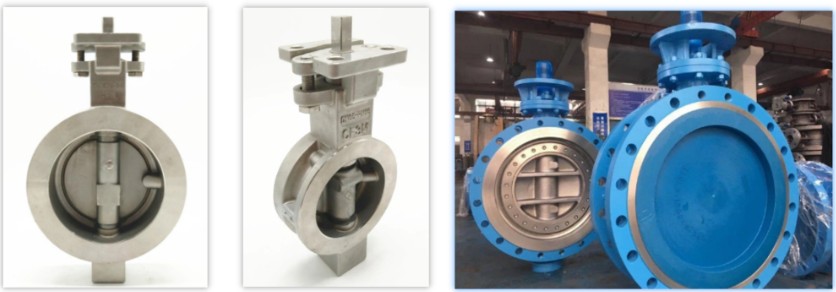
Technical Specifications:
| Description | Specification |
|---|---|
| Sizes | NPS 3 to NPS 80 |
| Pressure Class | Class 150 to 600 |
| Casting Materials | A216 WCB, WC6, WC9, A350 LCB, A351 CF8, CF8M, CF3, CF3M, A995 4A, A995 5A, A995 6A |
| End Connections | Wafer, Lugged, RF |
Design Standard
Design and manufacture according to API 609.
Face-to-face design according to ASME B16.10.
End connections according to ASME B16.5 or B16.47 (Wafer, Lugged, Flange) and ASME B16.25 (BW).
Testing and inspection according to API 598.
Also available per NACE MR-0175 and NACE MR-0103.
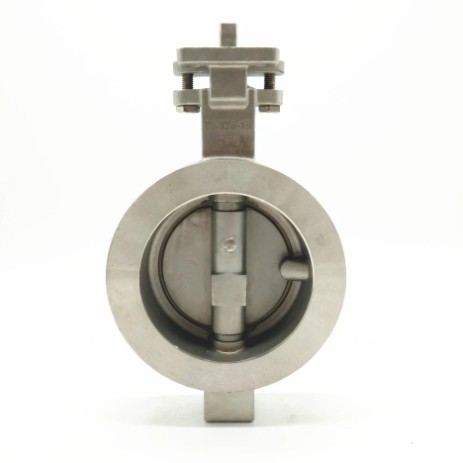
Advantages
High performance butterfly valves have several advantages over other types of valves. One of the main benefits is their compact design, which makes them easy to install and maintain. They also have a low pressure drop, which means that they can operate with less energy than other valves. Additionally, they have a high flow capacity, which makes them ideal for applications where high flow rates are required.
Applications
High performance butterfly valves are commonly used in a wide range of industrial applications. They are particularly well suited for applications that require precise control of fluid flow, such as those found in the chemical, petrochemical, and pharmaceutical industries. They are also commonly used in water and wastewater treatment plants, power generation facilities, and HVAC systems.
Benefits
The benefits of high performance butterfly valves include their ability to provide precise control of fluid flow, which can lead to improved process efficiency and reduced energy costs. They are also highly reliable, which means that they can operate for long periods of time without requiring maintenance or replacement. Additionally, they are easy to operate and maintain, which can help to reduce downtime and improve productivity.
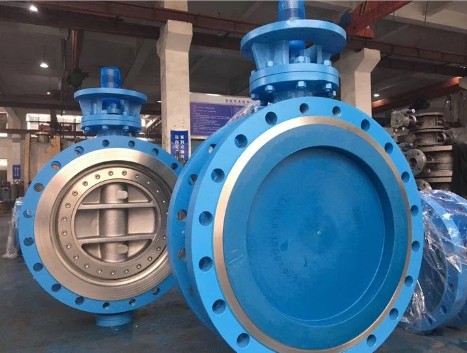
Installation
High performance butterfly valves can be installed in a variety of configurations, including wafer, lug, and flanged designs. They can also be installed in both horizontal and vertical orientations, depending on the specific application requirements. It is important to ensure that the valve is properly aligned and mounted to prevent leaks and ensure optimal performance.
Q&S
When selecting a high performance butterfly valve, it is important to consider factors such as the material of construction, the operating temperature and pressure, and the required flow rate. It is also important to ensure that the valve is properly maintained and serviced to ensure optimal performance and longevity.
In conclusion, high performance butterfly valves offer several advantages over other types of valves. They are ideal for applications that require precise control of fluid flow and can provide improved process efficiency and reduced energy costs. With proper installation, maintenance, and servicing, high performance butterfly valves can provide reliable and long-lasting performance in a wide range of industrial applications.
